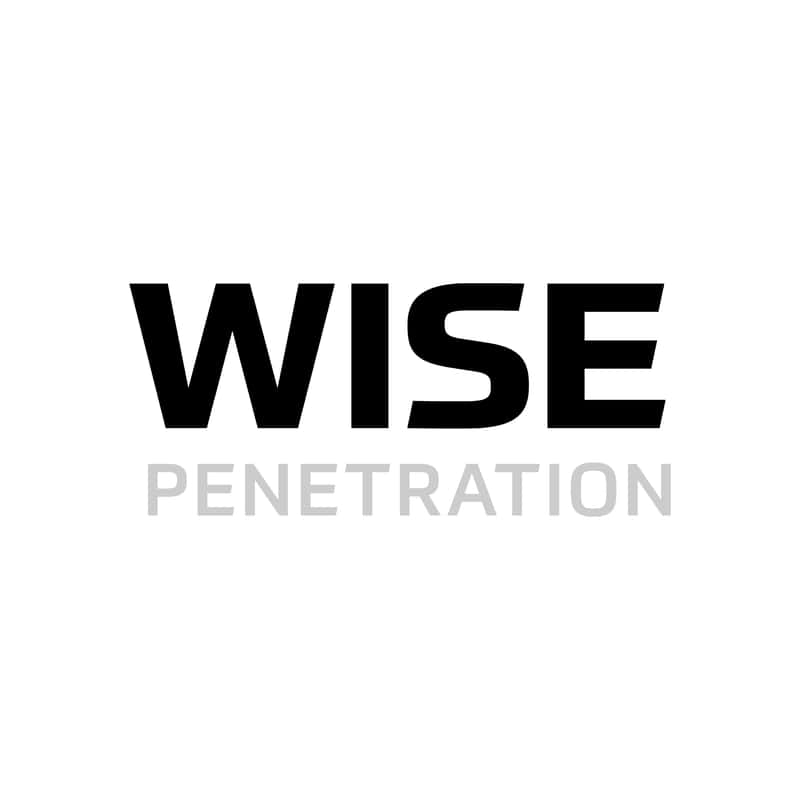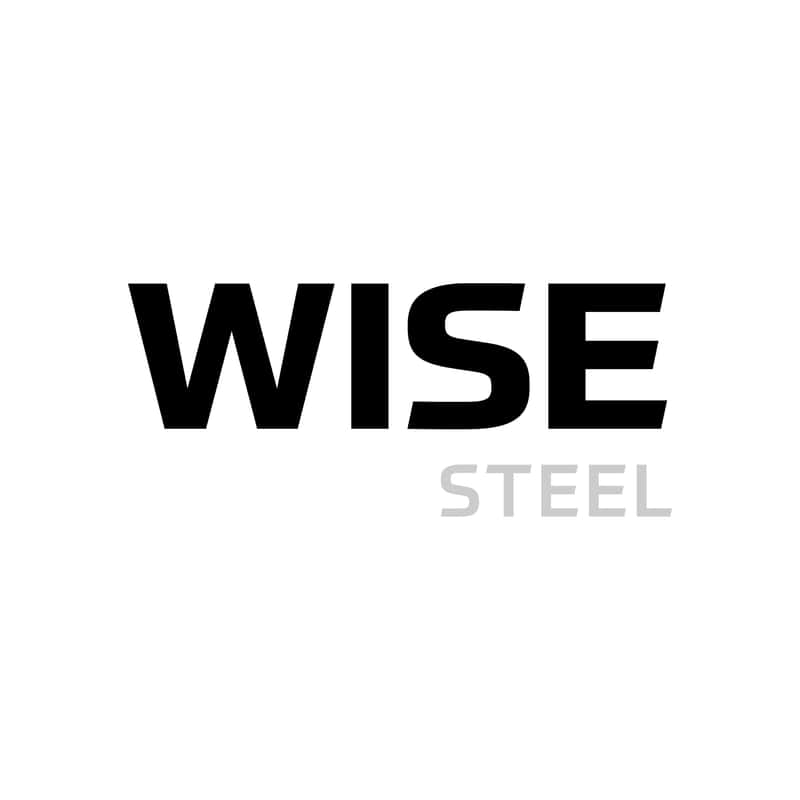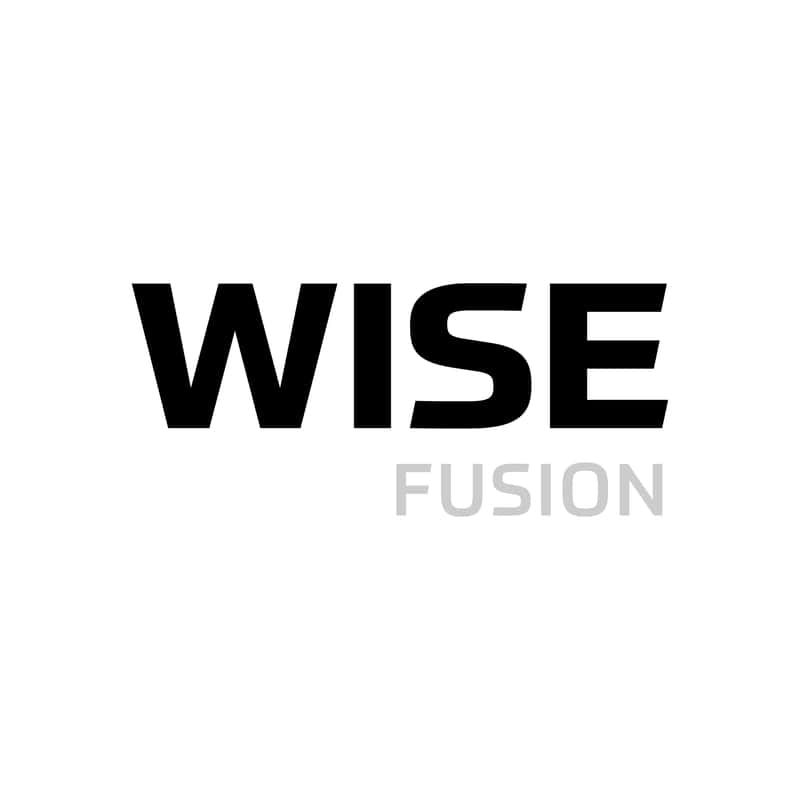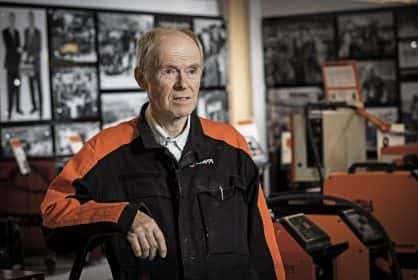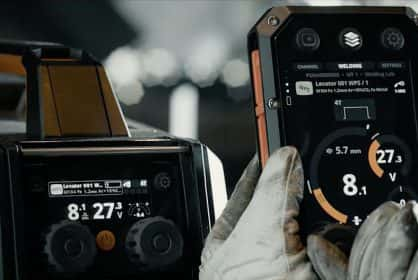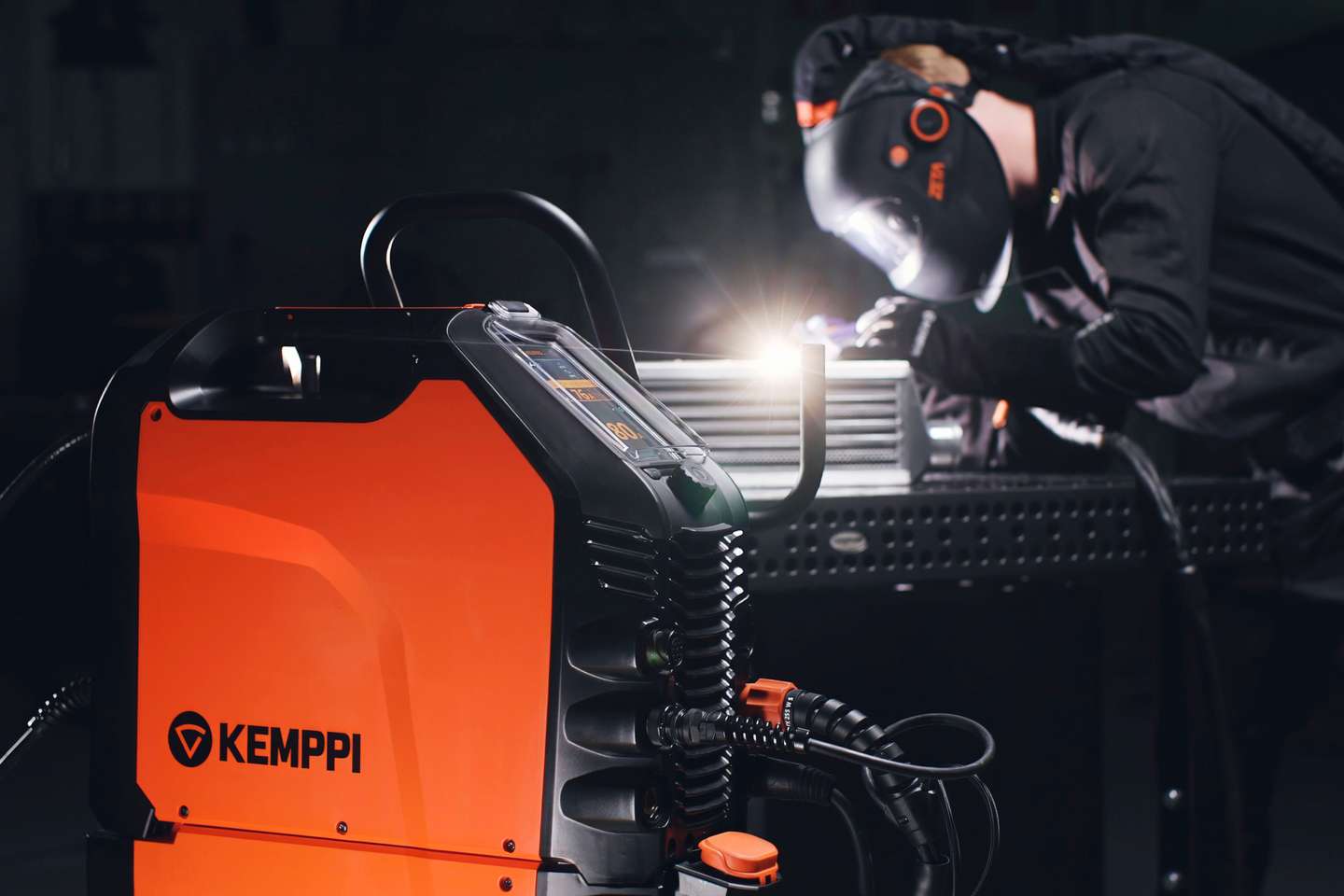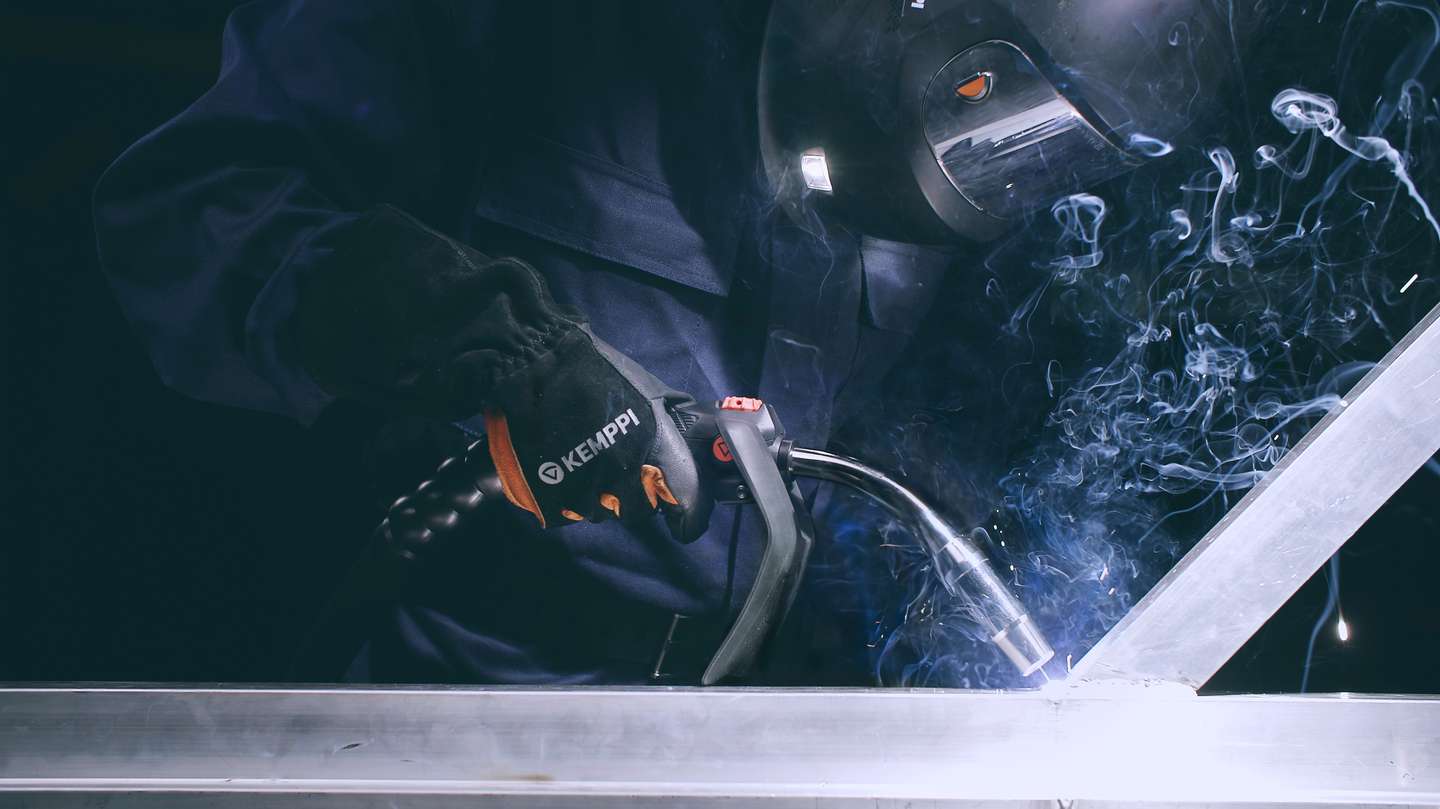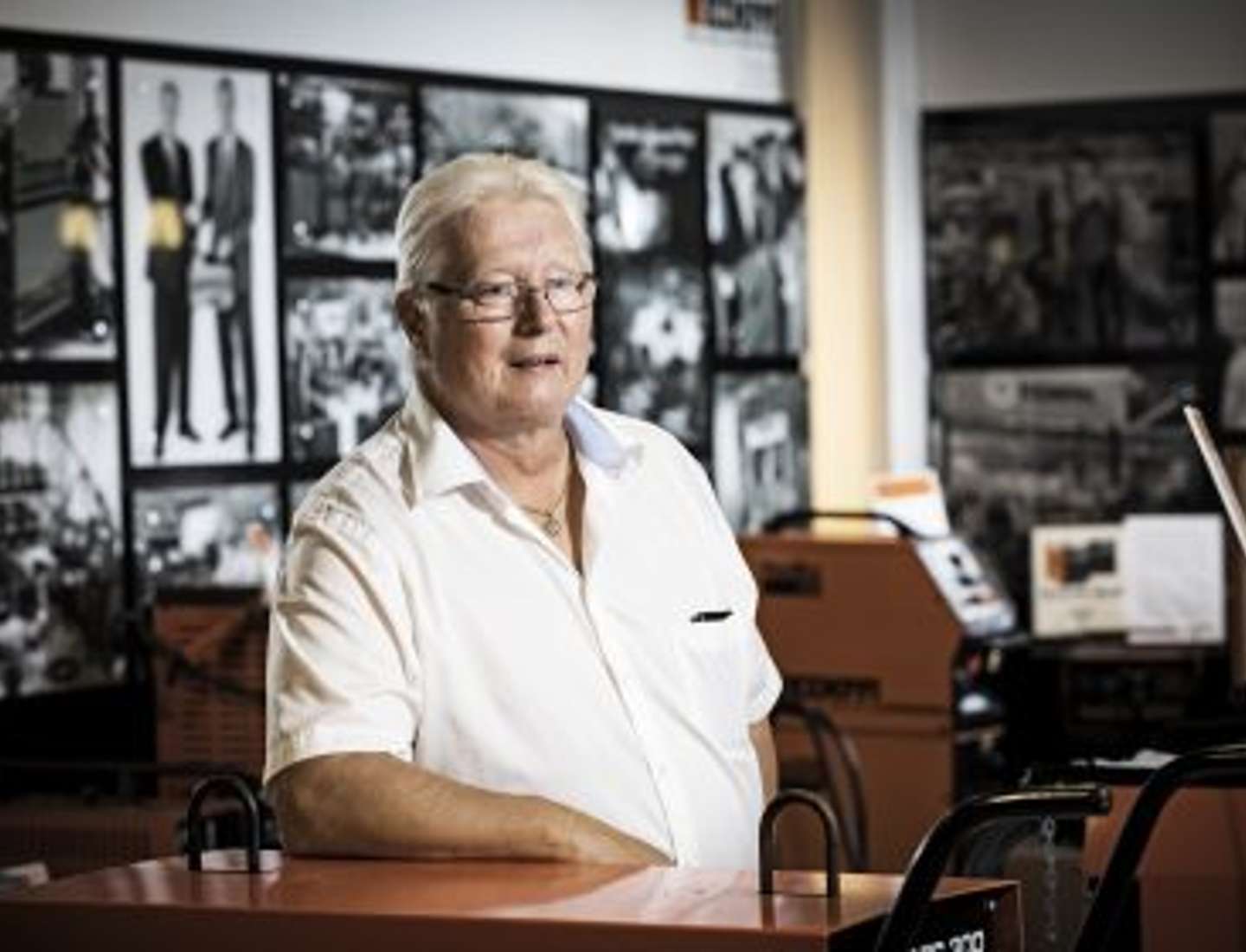
Mensen
Digitalization has marked Kari Kemppi's eventful career
8 augustus 2018
Kari Kemppi, who just retired this summer, has seen in his 40 years of work how an arc welding equipment manufacturing company founded by his uncle Martti Kemppi has become an international pioneer in the welding industry.
Petra Niemi

Petra Niemi
Petra Niemi
Communications Specialist at Tulus Oy. Long experience in journalism, global communication projects and B2B marketing communication. Passionate consumer of good entertainment and engaging stories.
